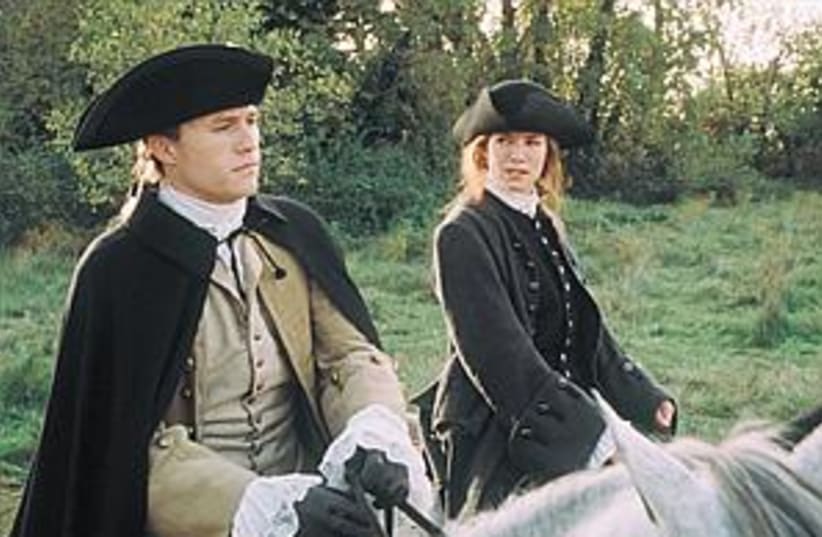| More about: | Peter O'Toole, Heath Ledger, Johnny Depp, Bob Hope |
This 'Casanova' not novel
Hallstrom's film gives us the view of Casanova's ceaseless activity but not the excitement; a sitcom when comic opera is needed.


| More about: | Peter O'Toole, Heath Ledger, Johnny Depp, Bob Hope |